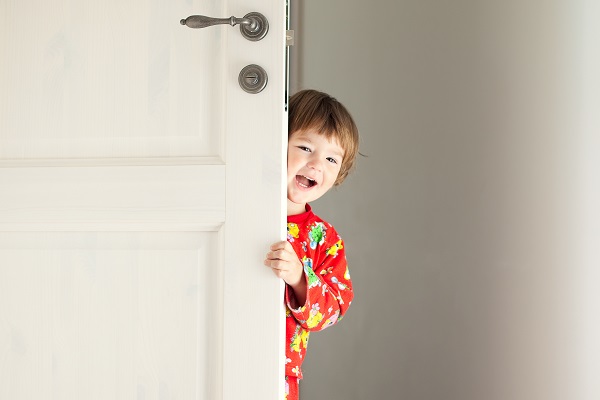Academic performance, behavior and mood are all dependent on good sleep. Kids need more sleep than we do (9-10 hours per night for children ages 5-12, and 8-9 hours per night for teens). Here are some helpful techniques to help get your child’s back-to-school sleep schedule back on track.
1. Avoid stalling tactics
Be sure the routine has a clear final step to avoid those stalling tactics that kids love to try. I like to suggest a timer to signal the end of reading time and then a parent could say, “I love you; it’s bedtime!” and leave the room. Children can then be allowed to read until sleepy (but without more parental interactions).
2. Shut off electronics
Take electronics out of the bedroom and replace them with books, drawing pads, and quiet toys. A night light and small reading light is okay, but turn off all electronics one hour before bedtime.
3. Focus on the rise time
Move the rise time back by 15-30 minutes every three days until you reach the rise time needed for a school day. Sleepiness at the appropriate bedtime will then naturally follow.

4. Use both darkness cues and light exposure
Try decreasing sunlight exposure in the late afternoon or evening (by being indoors earlier) and by also using blackout curtains in child’s room at bedtime if it is still light out. Then, in the early morning, open the curtains and blinds in the child’s room fully, and encourage your child to go outside to have breakfast or play. Sunlight really helps reset the clock.
5. Try rewards
Use rewards to help encourage your child to get up earlier. Offer to go to breakfast in the morning if the first night of the new sleep routine goes well, or tell your child they can invite a friend over for a sleepover if they follow the new bedtime routine for a week.
6. Be consistent
Be consistent seven days a week. Changing bedtimes and rise times on the weekend can throw your child’s routine off.
You might also like:
- 4 Quick Tips to Help Kids Sleep Better and Wake Up Energized
- Tips for Better Sleep for Mental Health in a Challenging World
- Helping Your Teenager Get Up on Time for School
Dr. Schneeberg is the director of the Behavioral Sleep Program at Connecticut Children’s Sleep Center.
